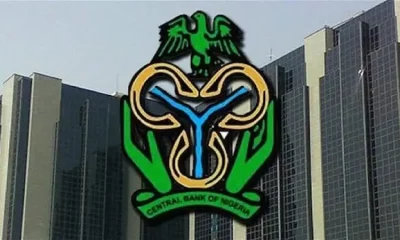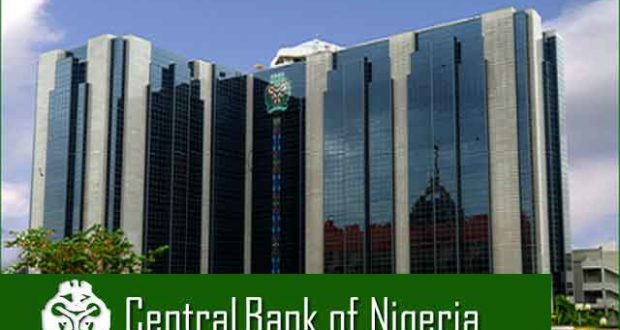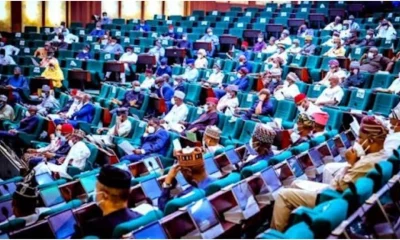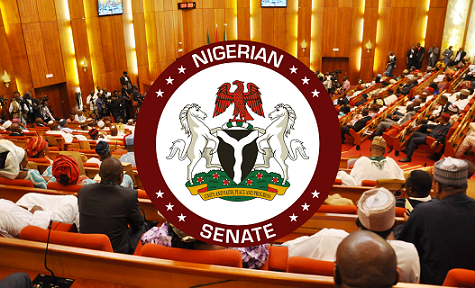News
Senate to Engage CBN Over MPR
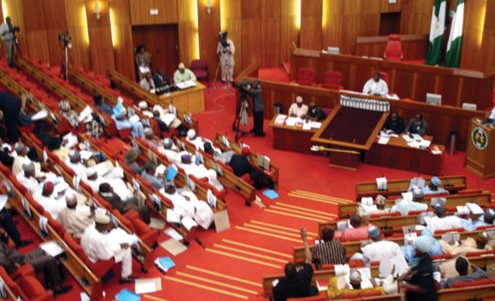
The Nigerian Senate has expressed concern that the country’s double-digit interest rate of 14 per cent places limit on the access of businesses to credits from commercial banks, which, ironically, continue to declare huge profits, mostly from risk-free government securities.
The Senate on Tuesday, therefore, resolved to mandate its committee on banking, insurance and other financial institutions to “organise a round-table session with CBN, Banks, NDIC, other relevant stakeholders and industry experts with a view to finding immediate, sustainable and lasting solutions that would help usher in a new interest rate regime that supports enterprise development in Nigeria.”
The development followed a motion by Rafiu Ibrahim, APC-Kwara, who stressed the need for the Central Bank of Nigeria and commercial banks to ensure reduction of lending rates in view of the challenges “increasing interest rates” pose to survival of businesses.
Sen. Ibrahim said: “the current MPR of 14 per cent has remained so and very high compared to other developing nations such as Brazil – 10.5 per cent, Kenya – 10 per cent, South Africa – 7 per cent, Rwanda – 6.25 per cent, Bangladesh – 6.75 per cent, Botswana – 5.5 per cent and West African countries with single digit MPR some as low as 2.5 per cent (Cameroon).
“Despite all these negative indices, banks continue to declare huge earnings and profitability which as at 31st March 2017 increased significantly by 151.02 per cent as PBT stood at N186.155 trillion as against N74.160 trillion in December 2016.
“This profitability is derived from investment in risk-free government securities, such as treasury bills and bonds.”
Stating further, the senator expressed worry that reported increase in net credit to the government in April increased to 72 per cent compared to a programmed rate of 33.12 per cent for the year while there was a decline in credit to the private sector below 14.885 target for the year which “portends grave challenges for future macroeconomic stability of Nigeria.
He added that “only about 33 per cent of SMES start-ups” – which “employ 88 per cent of our workforce and, therefore, the backbone of the economy” – had access to credits from banks.
The motion received unanimous support when Senate President Bukola Saraki called a voice vote.
The sponsor of the motion, Sen. Ibrahim, is the chairman of the committee on banking tasked to organise the round-table.
-
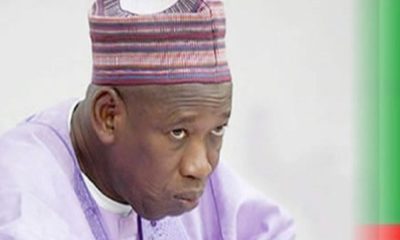
 News3 days ago
News3 days agoAPC National Chairman: Moves To Oust Ganduje Put Presidency In Quandary
-
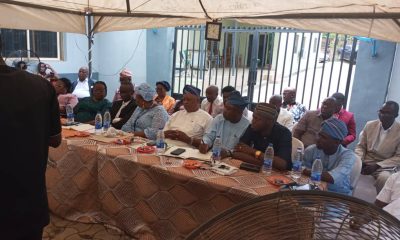
 News2 days ago
News2 days agoOsun RAAMP Opens Bid For Road Constructions Statewide
-
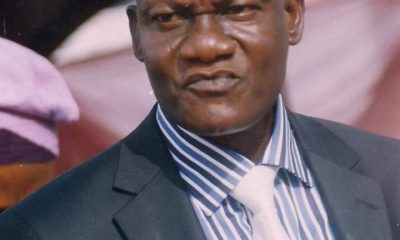
 News4 days ago
News4 days agoComrade Joseph Sangosanya dies at 67
-
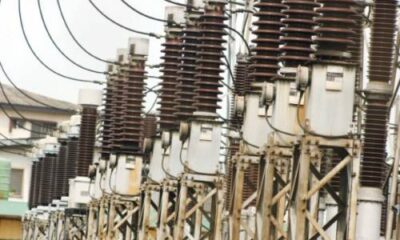
 Opinion2 days ago
Opinion2 days agoRegulatory Commission Must Wakeup From Slumber To Rescue EKEDC From The Shackles Of Dere Otubu By ADAPHAI


